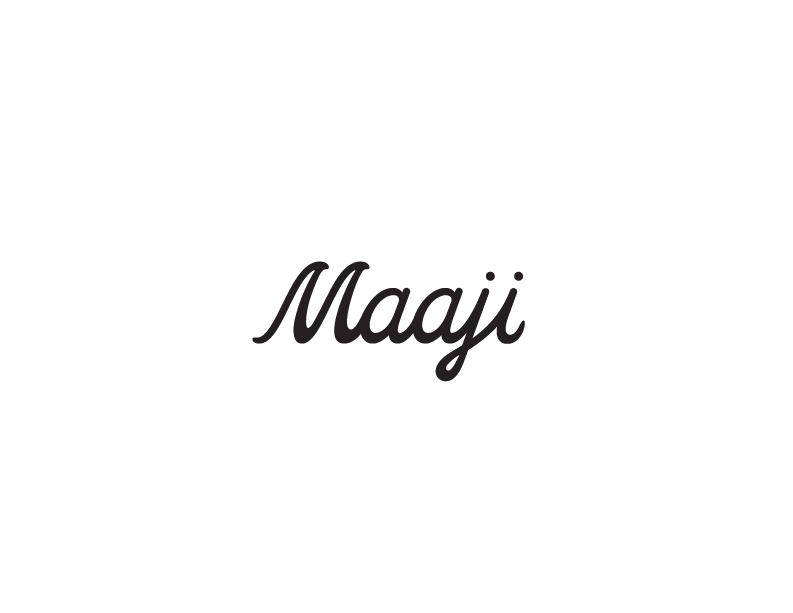

Maaji

Antioquia Department, Colombia
June 2022
Textiles
Manufacturing
Canada,
Chile,
Colombia,
Costa Rica,
France,
Germany,
Greece,
Mexico,
Netherlands The,
Spain,
United Kingdom,
United States
Maaji is a lifestyle brand rooted in swimwear that delivers Maajic by surprising and spreading joy to make life an endless summer. Its fun and versatile pieces are designed for sunny and conscious young-spirited people. At Maaji we believe that as a brand and company we are a beacon, responsible for ethical and positive impacts that inspire our employees, clients, and all people with whom we do business in every stage of our development. We believe in relationships that are regenerative in a conscious and creative way, caring for and honoring our planet and its human and natural resources. We believe in constant transformation, although it may be imperfect at times, but always with an attitude of sincere conviction and a commitment to collaboration. We rely on and commit to a spirit of learning and moving forward, with creativity, innovation, and the constant search for well-being.
Overall B Impact Score
Governance 15.0
Governance evaluates a company's overall mission, engagement around its social/environmental impact, ethics, and transparency. This section also evaluates the ability of a company to protect their mission and formally consider stakeholders in decision making through their corporate structure (e.g. benefit corporation) or corporate governing documents.
What is this? A company with an Impact Business Model is intentionally designed to create a specific positive outcome for one of its stakeholders - such as workers, community, environment, or customers.
Workers 24.2
Workers evaluates a company’s contributions to its employees’ financial security, health & safety, wellness, career development, and engagement & satisfaction. In addition, this section recognizes business models designed to benefit workers, such as companies that are at least 40% owned by non-executive employees and those that have workforce development programs to support individuals with barriers to employment.
Community 19.6
Community evaluates a company’s engagement with and impact on the communities in which it operates, hires from, and sources from. Topics include diversity, equity & inclusion, economic impact, civic engagement, charitable giving, and supply chain management. In addition, this section recognizes business models that are designed to address specific community-oriented problems, such as poverty alleviation through fair trade sourcing or distribution via microenterprises, producer cooperative models, locally focused economic development, and formal charitable giving commitments.
Environment 19.9
Environment evaluates a company’s overall environmental management practices as well as its impact on the air, climate, water, land, and biodiversity. This includes the direct impact of a company’s operations and, when applicable its supply chain and distribution channels. This section also recognizes companies with environmentally innovative production processes and those that sell products or services that have a positive environmental impact. Some examples might include products and services that create renewable energy, reduce consumption or waste, conserve land or wildlife, provide less toxic alternatives to the market, or educate people about environmental problems.
What is this? A company with an Impact Business Model is intentionally designed to create a specific positive outcome for one of its stakeholders - such as workers, community, environment, or customers.
Customers 2.5
Customers evaluates a company’s stewardship of its customers through the quality of its products and services, ethical marketing, data privacy and security, and feedback channels. In addition, this section recognizes products or services that are designed to address a particular social problem for or through its customers, such as health or educational products, arts & media products, serving underserved customers/clients, and services that improve the social impact of other businesses or organizations.